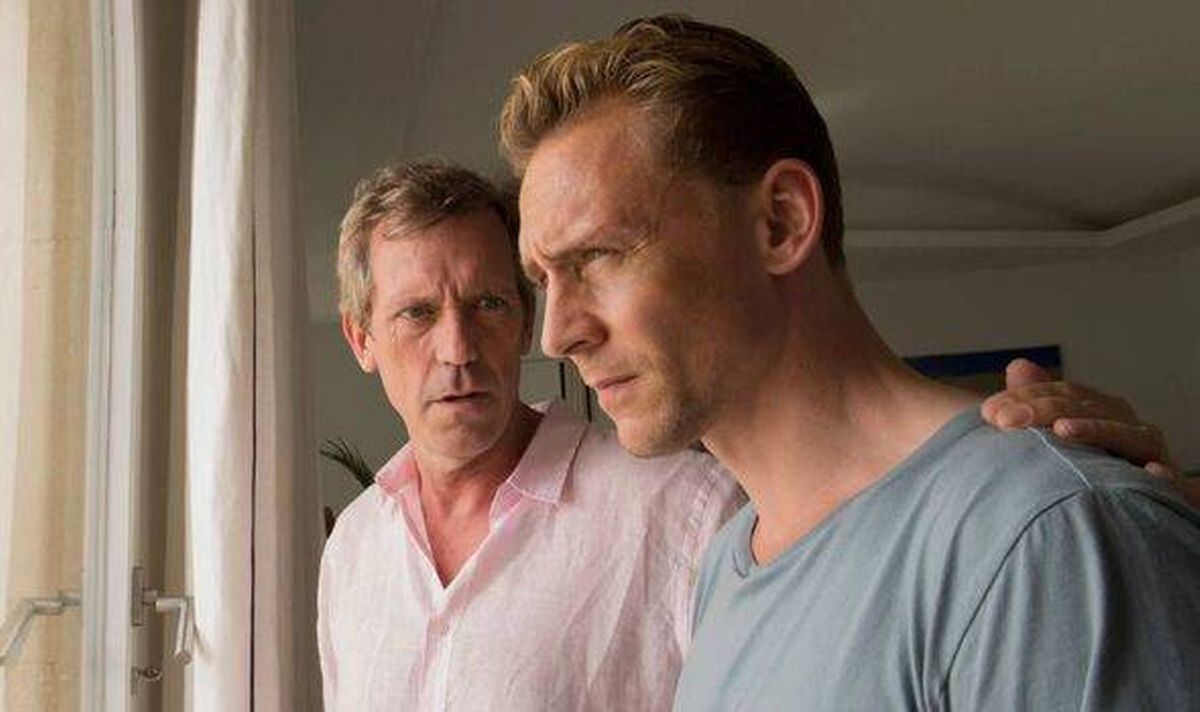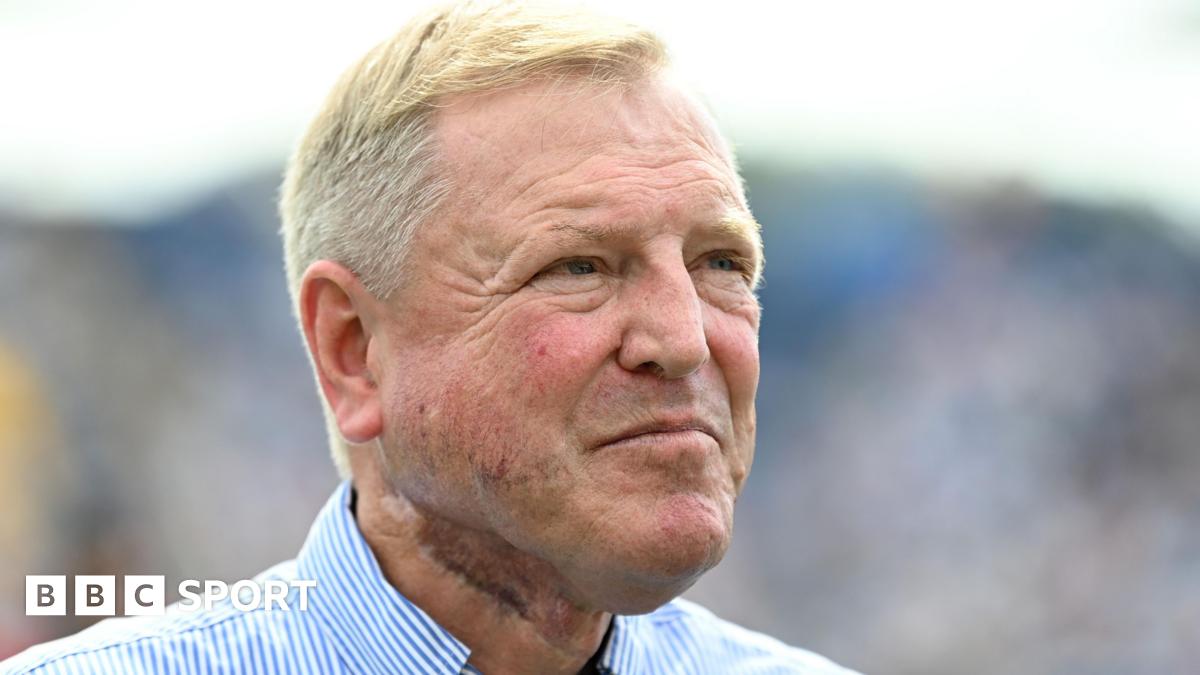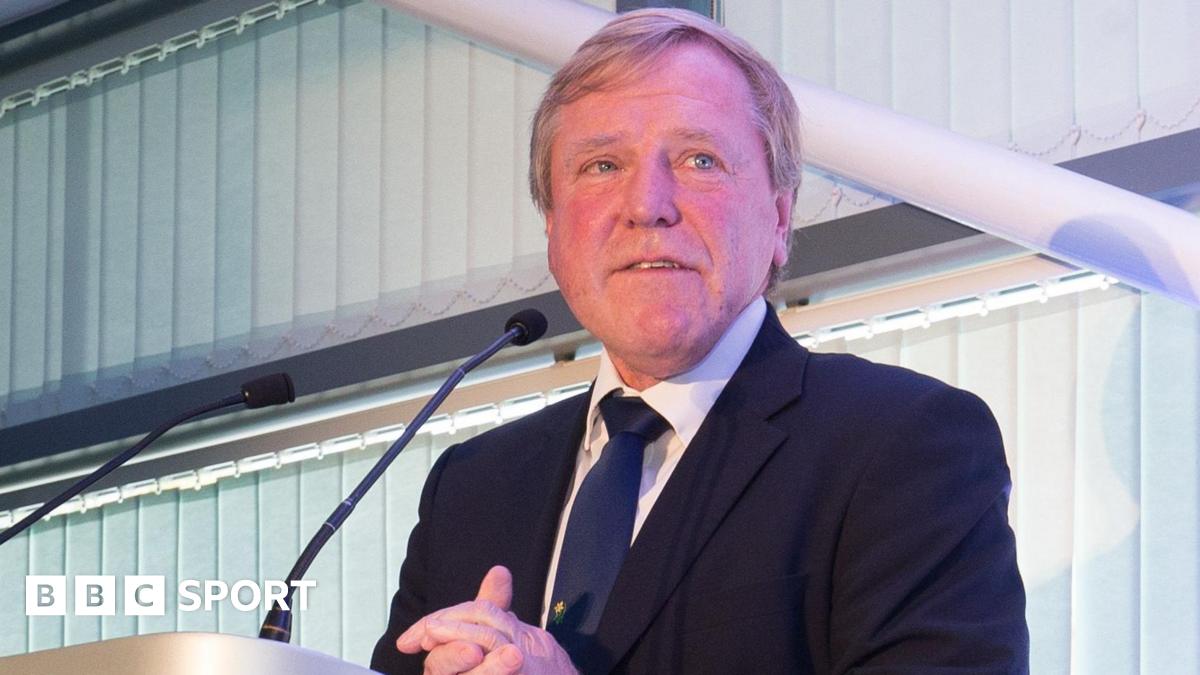Hugh Laurie left quite the impression when he starred as villainous Richard Roper in The Night Manager 10 years ago.
Hugh Laurie, the legendary star of The Night Manager, is set to appear alongside a Westworld icon in a forthcoming crime thriller.
After initially rising to prominence in the Blackadder franchise with Rowan Atkinson and Stephen Fry, Laurie has since featured in numerous major dramas including Veep, House, and naturally, The Night Manager.
While his previous co-stars Tom Hiddleston and Olivia Colman return to the BBC thriller, Laurie has been busy filming his latest project, The Wanted Man, for Apple TV+, which is presently in post-production.
The 66 year old will portray crime boss Felix Carmichael, who lands behind bars after running the infamous criminal organisation The Capital for two decades.
The official synopsis reveals: “Upon discovering internal betrayal while locked up, he plots his breakout to seek vengeance and restore his criminal empire.”
The eight-episode series has been created by Hijack’s George Kay and also features Mission Impossible and Westworld star Thandiwe Newton.
However, they won’t be the only recognisable names, as Laurie and Newton will be accompanied by Game of Thrones actor Stephen Dillane, Say Nothing’s Hazel Doupe, and Dunkirk star Fionn Whitehead.
No official release date has been confirmed yet, though reports suggest The Wanted Man could launch around May 2026.
Meanwhile, fans’ focus has returned to Laurie following his memorable role in The Night Manager, which has made its comeback to British television screens. In the 2016 BBC thriller, he played the villainous Richard Roper, starring alongside leading man Hiddleston as Jonathan Pine and Colman as Angela Burr.
After a decade-long hiatus, The Night Manager has made a comeback for its second season, but with an unexpected twist – Roper was killed off-screen.
Laurie does make an appearance in the first episode through a dream sequence, but he hasn’t been seen in The Night Manager since and isn’t expected to return.
However, Laurie remains involved with The Night Manager behind the scenes, serving as an executive producer alongside Hiddleston.
The Wanted Man is slated to premiere on Apple TV+ in spring 2026.


